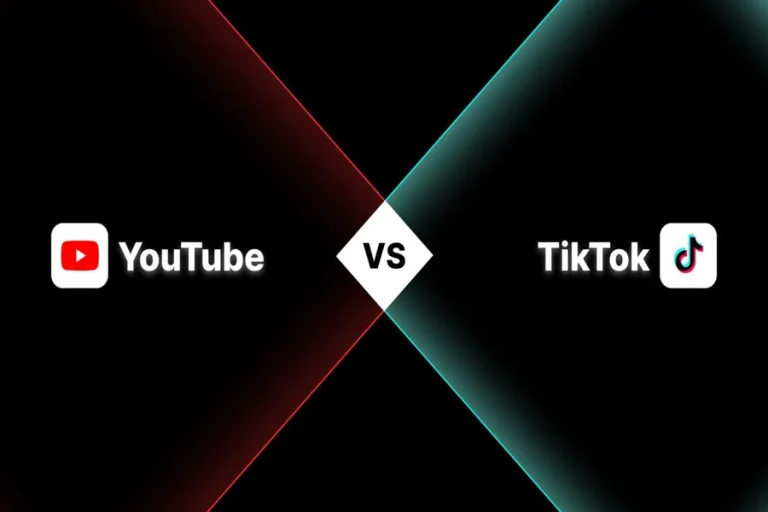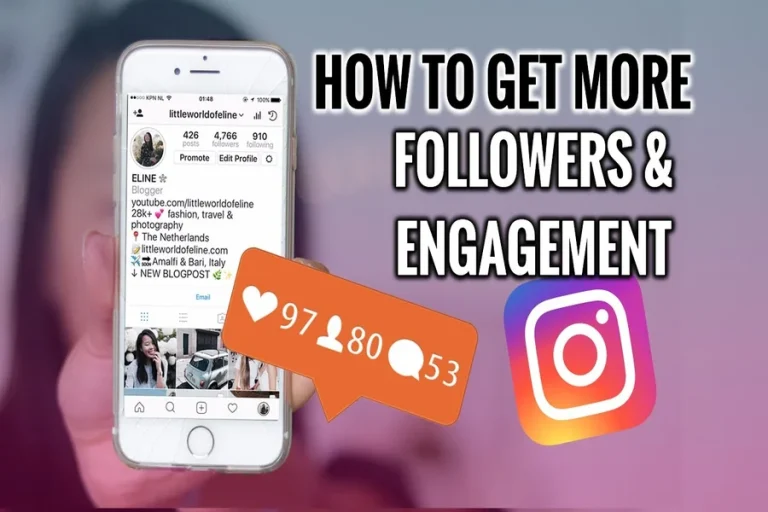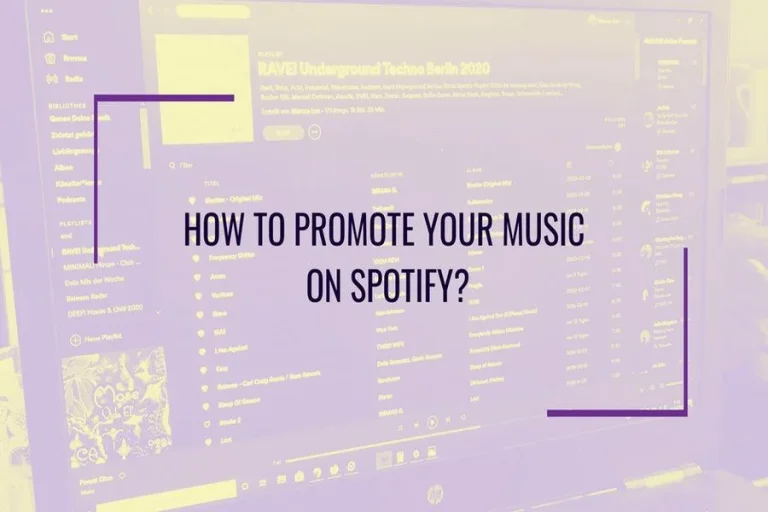How to Address Skeptics of Follower/Like Services
Social media in the digital era is now an influential tool that allows companies, creators, and influencers to reach their audiences. However, the usage of follower and like services is one of the most controversial ones. Others view them as one of the means of gaining credibility and visibility, as opposed to others who do not believe that such services have real value at all, besides giving false numbers. In case you are a person who has contemplated these tools but needs to discuss this issue with clarity, honesty, and the idea of long-term growth. It is necessary to discuss the subject matter in a clear, honest, and long-term growth manner.
Understanding the Skeptic’s Concerns
A great many of the skeptics with regard to follower/like services have a point. The most common concerns are as follows:
- Authenticity: Are the followers real people or just bots?
- Engagement: Does liking and following translate to meaningful interaction?
- Reputation: Will using these services harm the brand’s credibility?
- Longevity: Will growth disappear once the service ends?
Recognizing these doubts helps you frame your response transparently and reassuringly. The goal is not to dismiss skepticism but to show how responsible use of these services can actually support sustainable growth.
Highlighting the Value of Strategic Growth
The aspect of followers and likes must never belong to the pursuit of vanity metrics. Rather, they have the potential to act as a booster that will aid in your profile to reach new heights. Explained as such, skeptics start to realize that it has nothing to do with deceiving the masses that you are a close friend, but rather it is an accumulation of momentum.
To illustrate, the visitor to a new profile where only a few followers have followed the page may not pay attention to it, although the information may be fantastic. A slight increase in the number of followers or interaction is social proof, and organic audiences show increased attention. In this respect, quality services that grow with you a platform to get real and long-term followers.
Framing It as a Business Decision
Speaking to the skeptics, it would be a good idea to remind them that marketing is often associated with investments that are not going to be converted into the final result. Consider sponsored posts, sponsored collaborations, or billboard advertisements. All this is aimed at making it visible first before gaining trust.
The same is the case with follower/like services. They put your brand on the map, increase your likelihood of being found, and become a platform to enhance more meaningful engagement. It is the quality of your content and consistency that make you genuinely successful, but the service is the one that lets you be noticed sooner.
Combining Services With Organic Strategies
The other method of converting the skeptics is by arguing that follower/like services must not replace organic growth strategies, but should complement them. Make them look at these services as an element of a bigger marketing strategy, which could be comprised of:
- Sharing useful and interactive posts.
- Discoverability through hashtags and SEO.
- Being a genuine person with your audience.
- Working with influencers or brands in your niche.
The blend of organic work and trusted services that develop with you when combined in the right way will result in a balanced approach generating long-term and sustainable results.
Final Thoughts
Distrust in follower and like services is not an undesirable quality because it demonstrates that people are concerned with authenticity and quality. Transparency and education are the key to these concerns. Concentrating on the credible providers, accentuating the importance of momentum, and integrating these services with the authentic content strategy, you can make sceptics realise the possible benefits.
After all, the finest services are not fast-moving types but those that develop with you, and help you go on your path to the ultimate credibility, interest, and achievement on social media.






